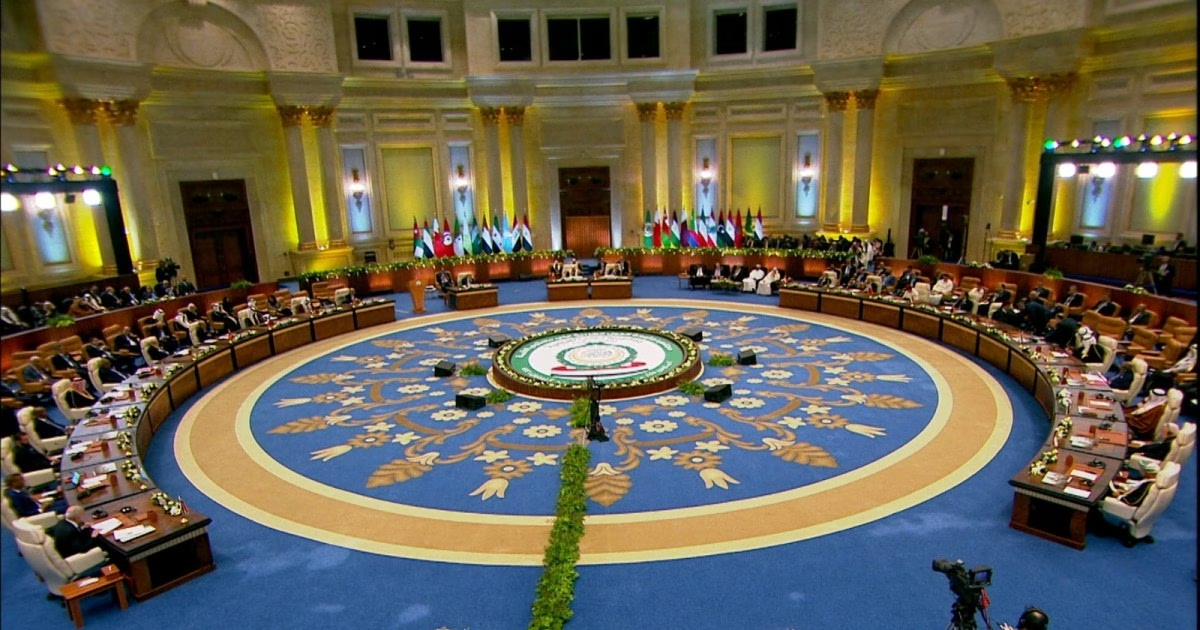For months, Arab states were hesitant to take on the roles of rebuilding and governing Gaza without a comprehensive solution to the Palestinian statelessness issue. In essence, they were resisting turning into a ‘Palestinian Authority (PA) 2.0,’ which would essentially continue Israel’s role as an occupying force while they pressed on with their expansion in the West Bank. Yet, the existential threat posed by Trump and Netanyahu’s vision for Gaza has compelled them to act.
Central to Egypt’s reconstruction plan is a $53bn initiative relying on a local steering committee of technocrats for the initial six months, with a gradual handover to PA control thereafter. However, this plan is fraught with potential pitfalls that may lead to its failure before even being implemented.
Netanyahu’s Obstructionism
Prime Minister Netanyahu has made his opposition to any PA role in Gaza clear. His resistance is strategic: by denying the PA a place in Gaza, he halts any geopolitical unity between Gaza and the West Bank, which is a stepping stone for resuming negotiations for a Palestinian state.
Over the years, Netanyahu and Israel’s political landscape have worked against any scenario that might lead to Palestinian self-determination. The status quo of fragmentation and division between Palestinian territories suits their interests, keeping statehood perpetually out of reach.
To effectively counteract Netanyahu, the involvement of as many international actors as possible is needed, especially the Trump administration, which wields leverage over the Israeli Prime Minister.
Despite potential attempts by Netanyahu to thwart implementation through bureaucratic obstacles, military escalations, or economic constraints, the Arab plan remains the most viable option available to prevent the ethnic cleansing of Gaza via renewed conflict and long-term deprivation.
A PA in Crisis
Beyond the Israeli opposition, another significant hindrance to the Arab plan is the PA itself. Under President Mahmoud Abbas, the PA is deeply unpopular, its political relevance lost after the collapse of the Oslo Accords.
Abbas has accelerated the erosion of the PA’s credibility by aligning with Israel’s security, entrenching his authoritarian rule, and stalling elections since 2006. His leadership is marred by repressions and inaction concerning Israeli violations.
The PA’s inability has been evident in the past 16 months of Israel’s assaults on Gaza and the West Bank, where Abbas’s absence from resistance efforts has highlighted his irrelevance.
Depending on Israel and donors to keep the authority functional, Abbas must prioritize their requirements over his people’s demands, which are largely opposing interests. His dwindling popularity has led to greater authoritarian measures.
Recently, Abbas cracked down on resistance groups in Jenin and stopped financial support for families of Palestinians affected by Israeli actions, breaking a social contract with his people and appeasing Israel and the West.
Faced with the immediate need for governance in Gaza, Arab states lack a strong, viable ally in the PA leadership, which is weak, corrupt, and possibly incapable of effectively managing the Strip.
A Moment of Opportunity
The reconstruction of Gaza offers a chance to lay the groundwork for a revitalized Palestinian national movement. If Arab states can navigate Netanyahu’s opposition, Abbas’s self-interests, and internal divisions, they may lead Gaza toward a more stable and independent future.
However, should Abbas and his entrenched officials retain control, this initiative risks reinforcing Israeli dominance and Palestinian disunity.
The fate of Gaza is in the balance. The Arab intervention could advance Palestinian self-determination or become a missed opportunity. If Abbas persists in monopolizing power, and Netanyahu continues to undermine Palestinian sovereignty, then the Arab plan risks failure from the start.
This moment requires decisive action and renewed commitment to genuine Palestinian self-determination. For the Arab plan to exceed structural obstacles is yet to be seen. But if a leadership crisis has not yet sealed Gaza’s fate, then it’s time for course correction before it’s too late.
The views expressed in this article are the author’s own and do not necessarily reflect Al Jazeera’s editorial stance.








